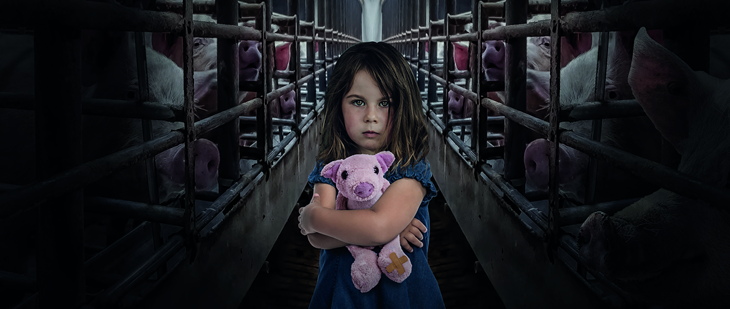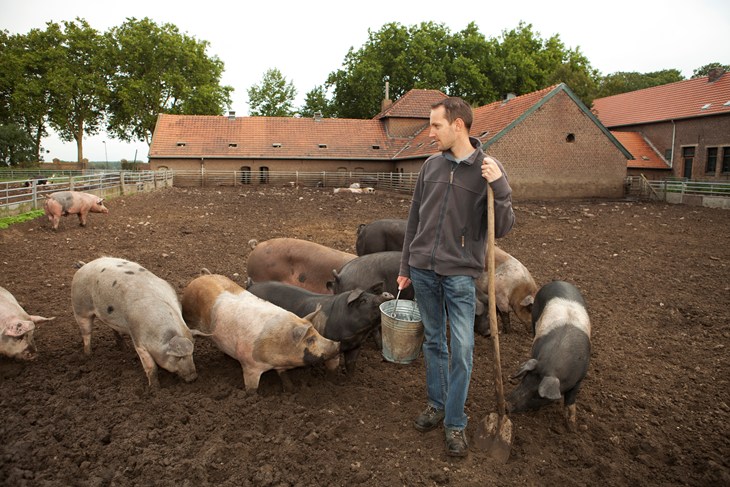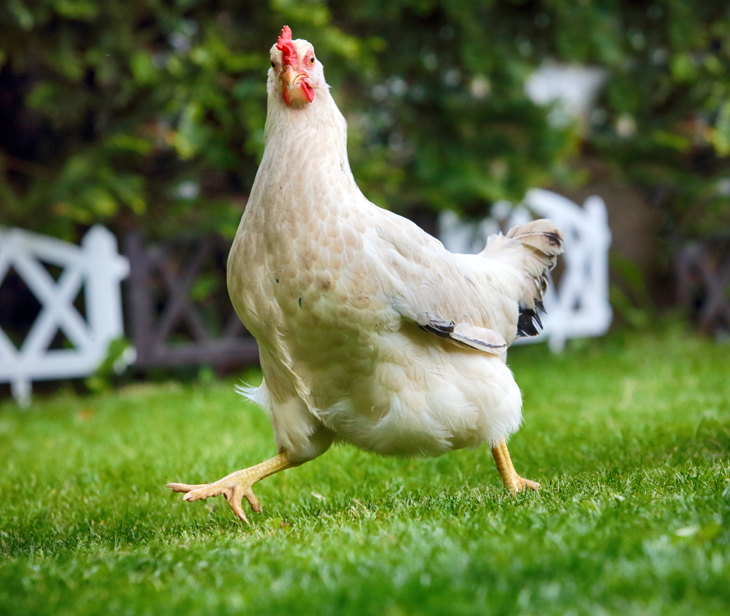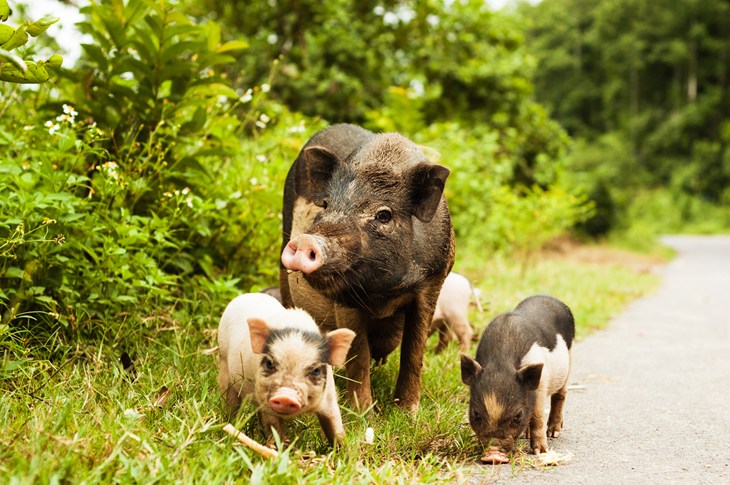Guillaume Cros is a member of the Committee of the Regions (CoR), the voice of elected representatives of regions and cities in the European Union (EU). Mr. Cros was the Rapporteur on the Committee’s Opinions on the reform of the EU farm subsidies, the Common Agricultural Policy (CAP) and on agro-ecology.
Mr. Cros, who spoke at the European Parliament hearing of the ‘End the Cage Age’ European Citizens’ Initiative on 15 April 2021, answered our questions on the Initiative and shared his views on the transition away from caged farming in Europe.

The CoR supports the European Citizens’ Initiative ‘End the Cage Age.’ Can you elaborate on what has motivated this support?
In its opinion on the CAP, the CoR proposes five quantified environmental targets to be achieved by 2027 by all the Member States including a gradual and planned end to cage rearing throughout the European Union. The negative externalities of industrialised animal production (environment, climate, health, social, etc.) cannot be ignored anymore. Alternatives to cage rearing exist, which should be promoted.
We recall this request in our new opinion on Agroecology and point out that public health, global warming and animal welfare require us to change our farming practices into forms of production which play a positive environmental role, which do not put the health of farmers and the general population at risk, and which respect animals.

How can a ban of cages impact farmers and rural communities?
For the Committee of the Regions, it is essential to maintain agriculture in all areas to keep rural areas alive and to meet the Lisbon Treaty objective of territorial cohesion. A ban of cages will help to stop the concentration of animal production in some regions of the EU to the detriment of others, to maintain extensive breeding in areas with natural constraints and on small- and middle-sized farms.
Moreover, livestock farmers' quality of life and animal welfare go hand in hand and deserve an alternative approach to livestock farming and CAP, in which farmers no longer sell at a loss and where they respect their animals.

How can the EU support farmers in the transition towards cage-free farming?
In its opinions on CAP and pastoralism, the CoR made many recommendations to redirect aid towards extensive breeding, for example calling for a livestock density limit on farms as a condition for access to CAP payments.
The CoR also asks for EU market regulation, in order to avoid surpluses and stabilise farm prices at a fair level, which would allow farmers to adopt better modes of animal production.
At national level, we recommend that, in order to promote the agro-ecological transition, the Member States introduce a system of bonuses and penalties as part of the eco-schemes of the new common agricultural policy: for example, a bonus for grazing livestock, financed by a greenhouse gas penalty proportional to the number of ruminants reared.
Moreover, in its opinion on Agroecology, the CoR suggests strengthening the German Presidency's proposal to create a European "animal welfare" label. We also recommend clear, mandatory labelling of the husbandry method, covering the animal's lifecycle, including its transport, such that producers can obtain recognition of improvements in their practices and consumers can choose products in line with their wishes, along the lines of European egg labelling.

What else does the EU need to do to make our food and farming systems fit for the future?
The transition to food and farming systems fit for the future involves a multitude of decisions which themselves are framed by numerous sectoral, and currently not very coherent, EU policies: agricultural policy, of course, but also trade, competition, land, health and environmental, research, as well as industrial policies.
The EU trade policy for example is not coherent with the CAP objectives, neither with the Green deal objectives and the Sustainable Development Goals. The CoR calls on the EU to use its influence as the world's largest food importer and exporter to change the international agricultural trade rules so as to encourage greater fairness and solidarity in trade relations. The EU needs to create a level playing field throughout the EU by banning any imports into the EU that do not meet the EU’s social and environmental standards. This will help protect farmers from unfair competition, while upholding citizens’ expectations.

What are your other proposals to improve animal welfare in Europe?
We suggest, in the interests of animal welfare, but also to improve the relationship between the farmer and his/her animals, developing on-farm slaughter and small local or mobile abattoirs. In particular we call for an extension beyond 31 December 2020 of the derogation allowing producers of poultry and rabbits to slaughter and process their animals on the farm for local sale under Regulation (EC) No 853/2004.
I think that the regulation on the protection of animals during transport should be better controlled and implemented at EU level.
We thank you Mr. Cros for this interview and your continued work on improving EU agriculture!
